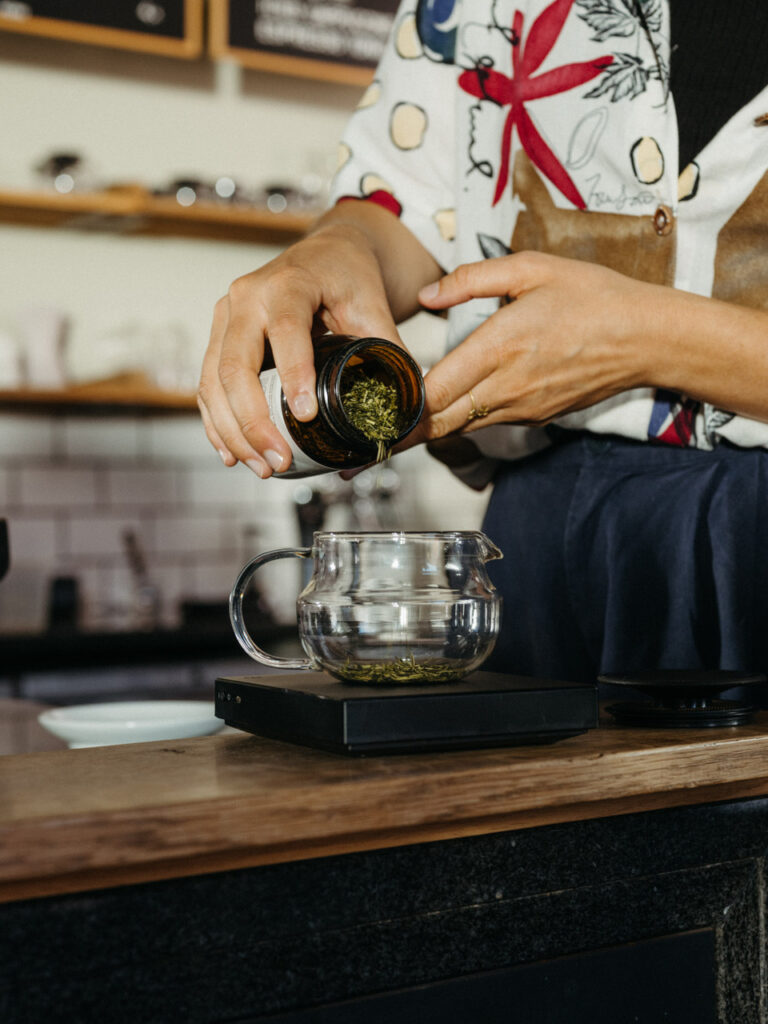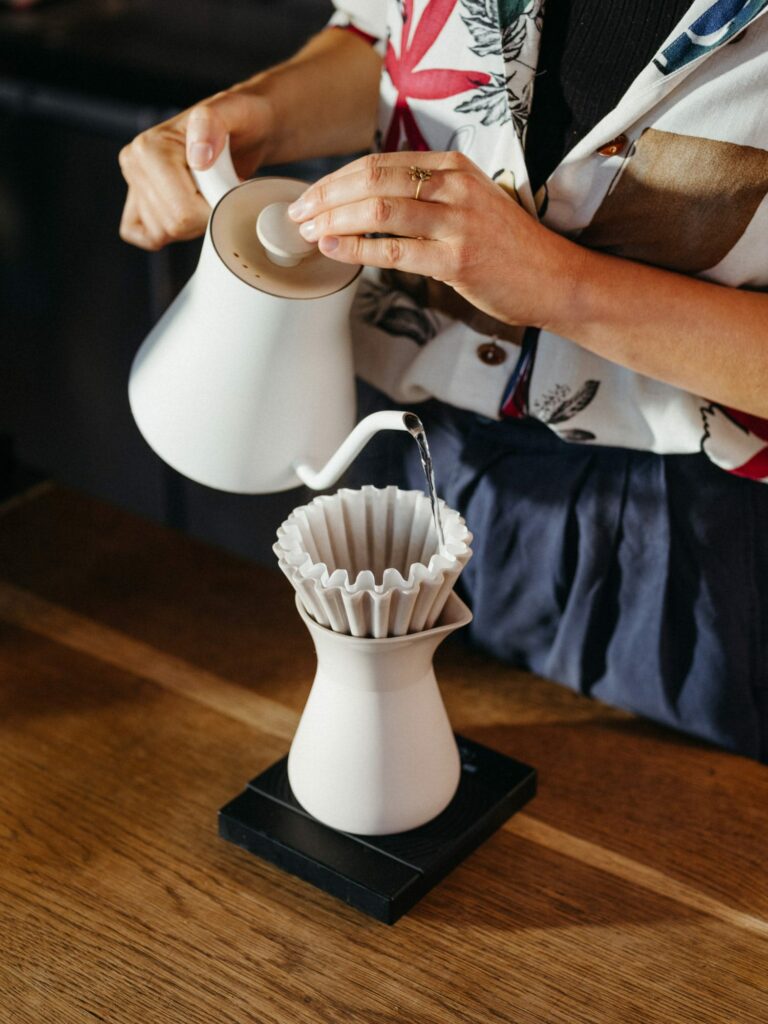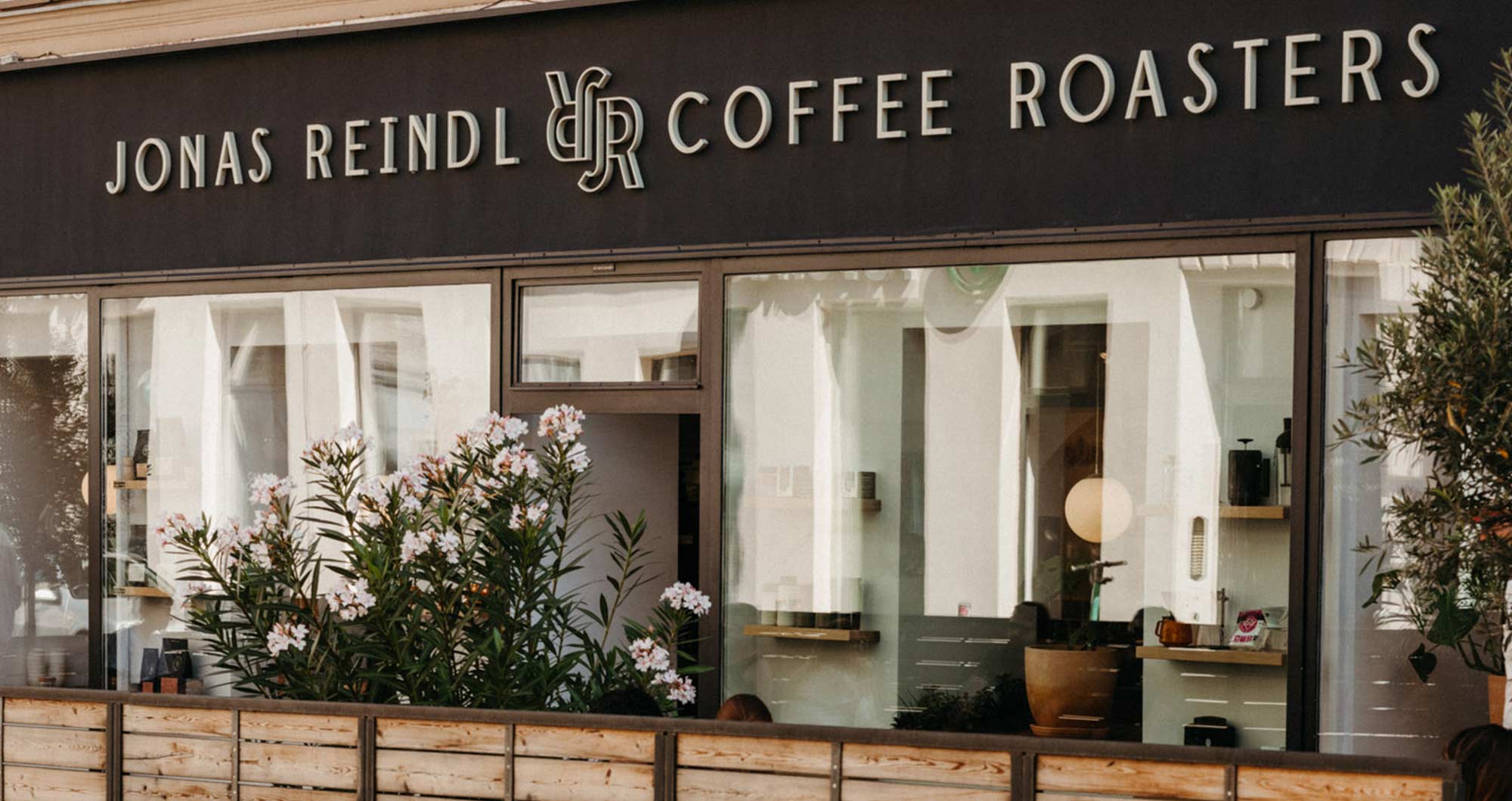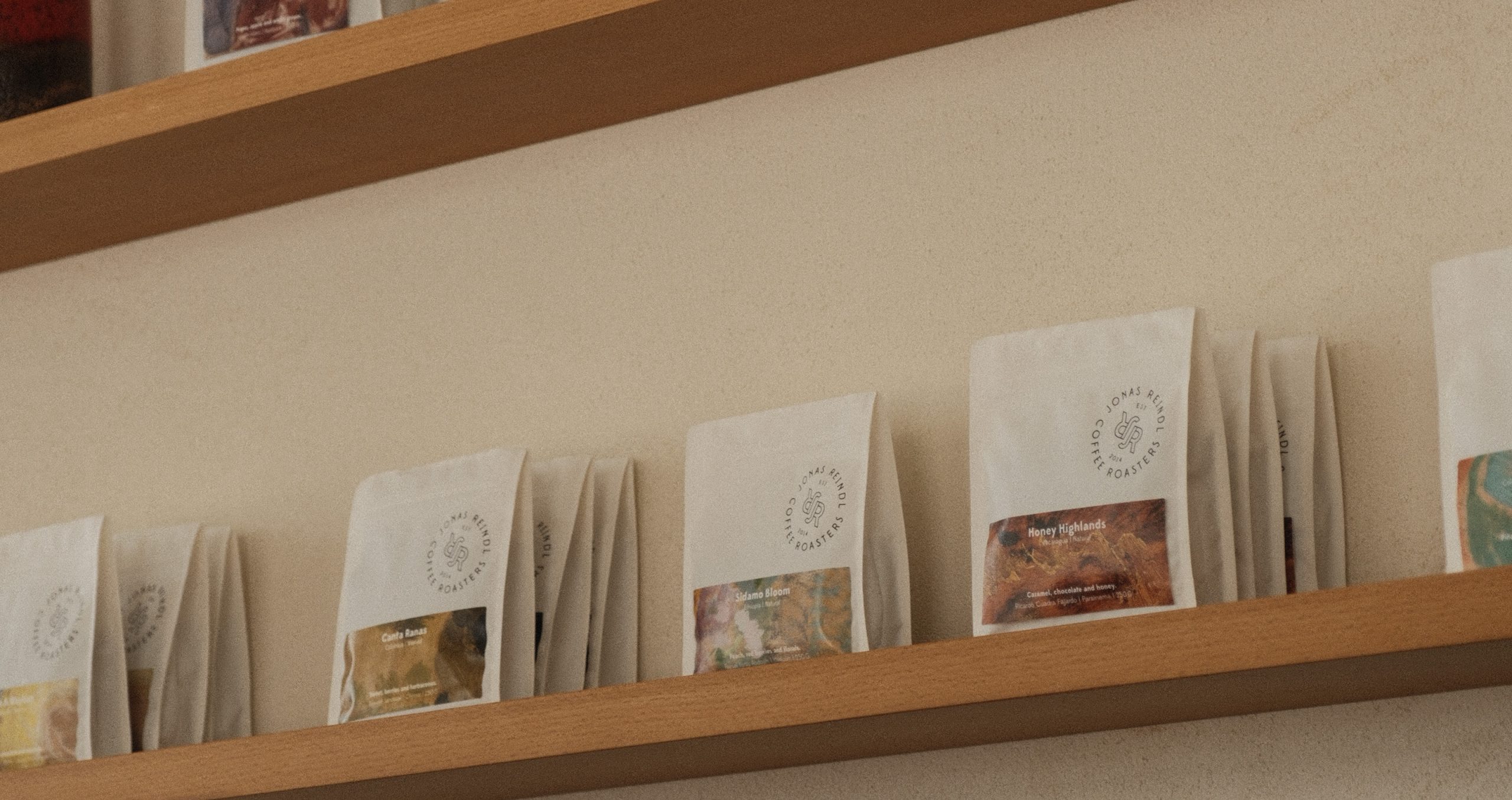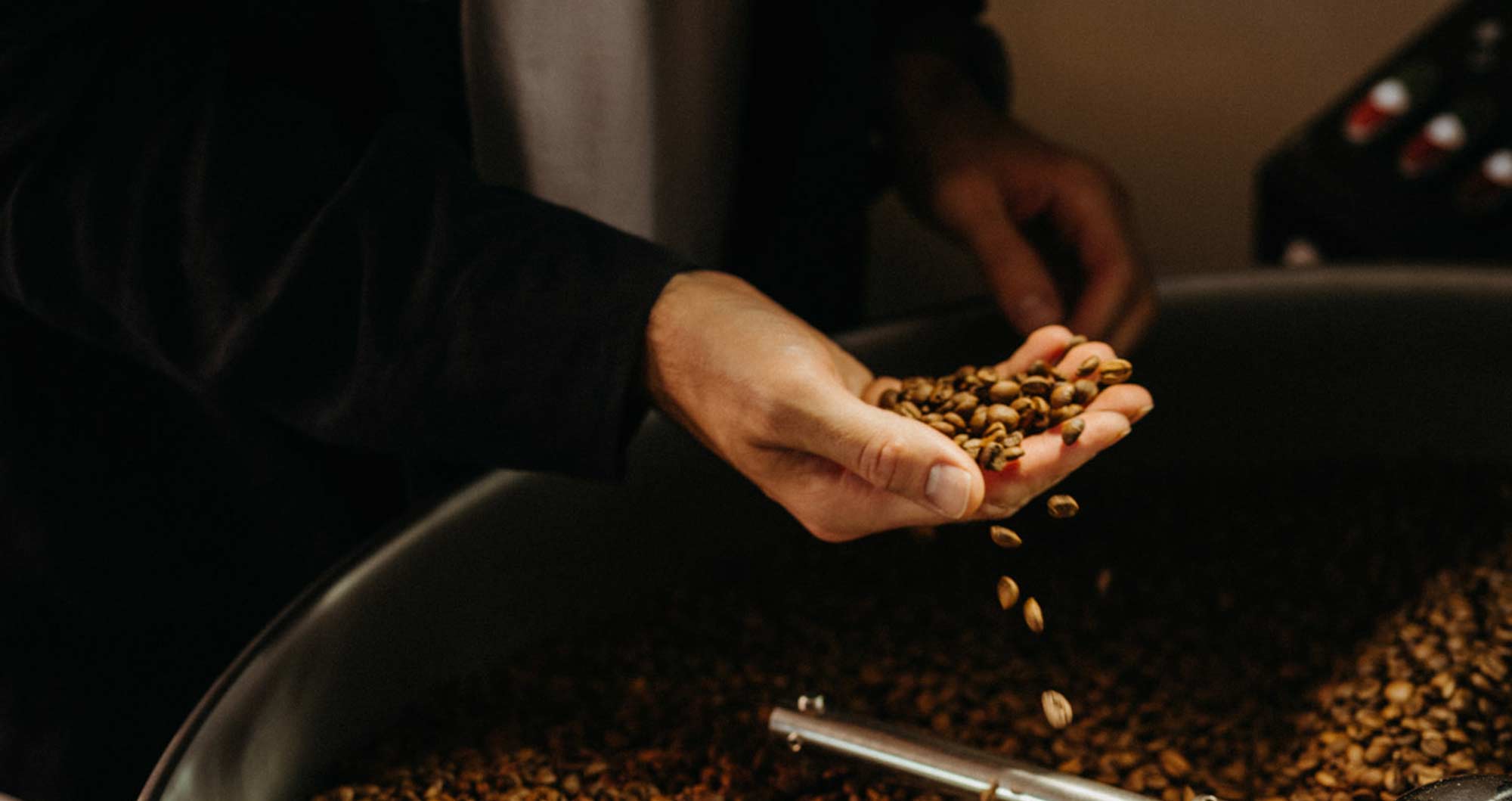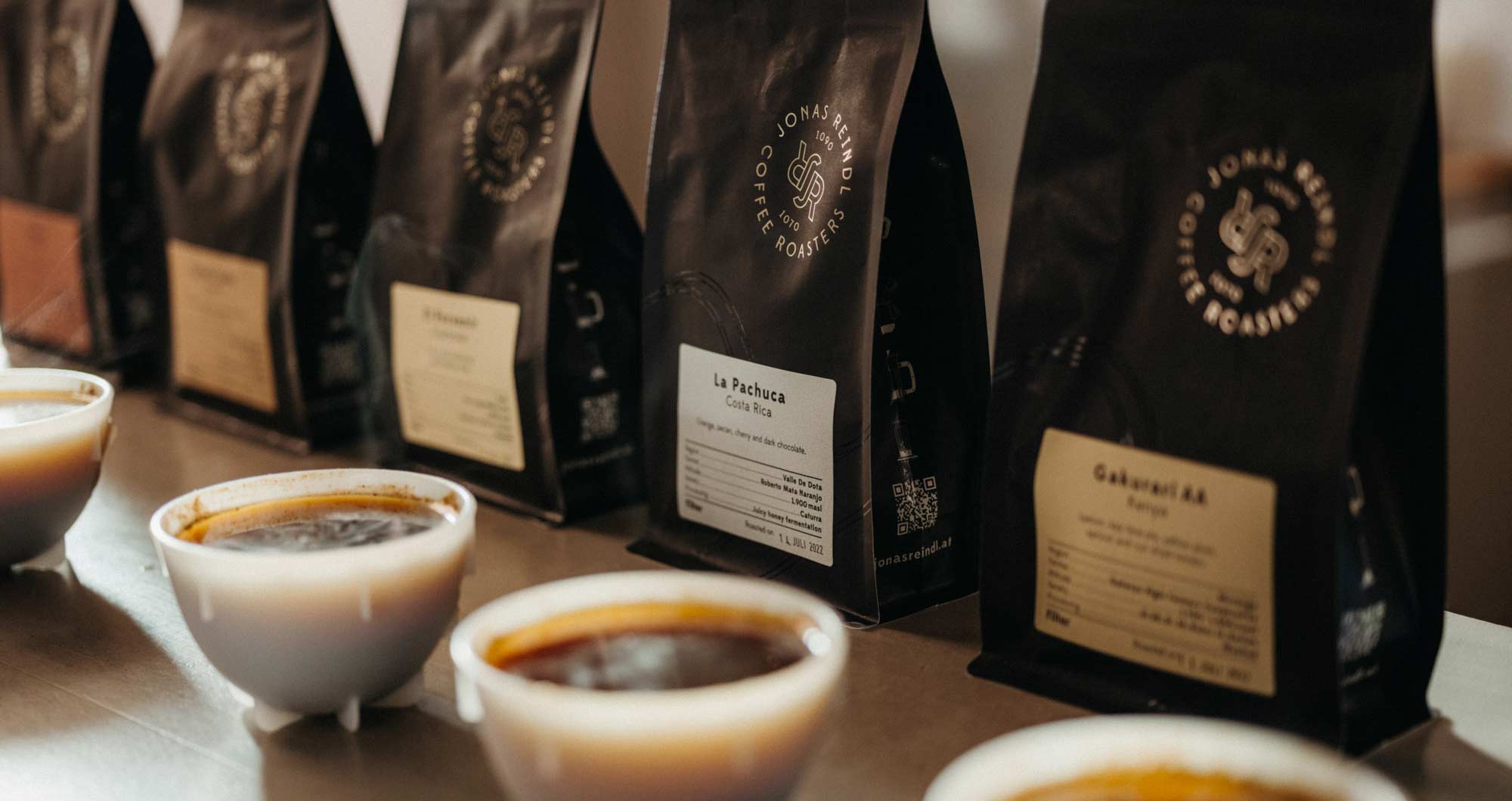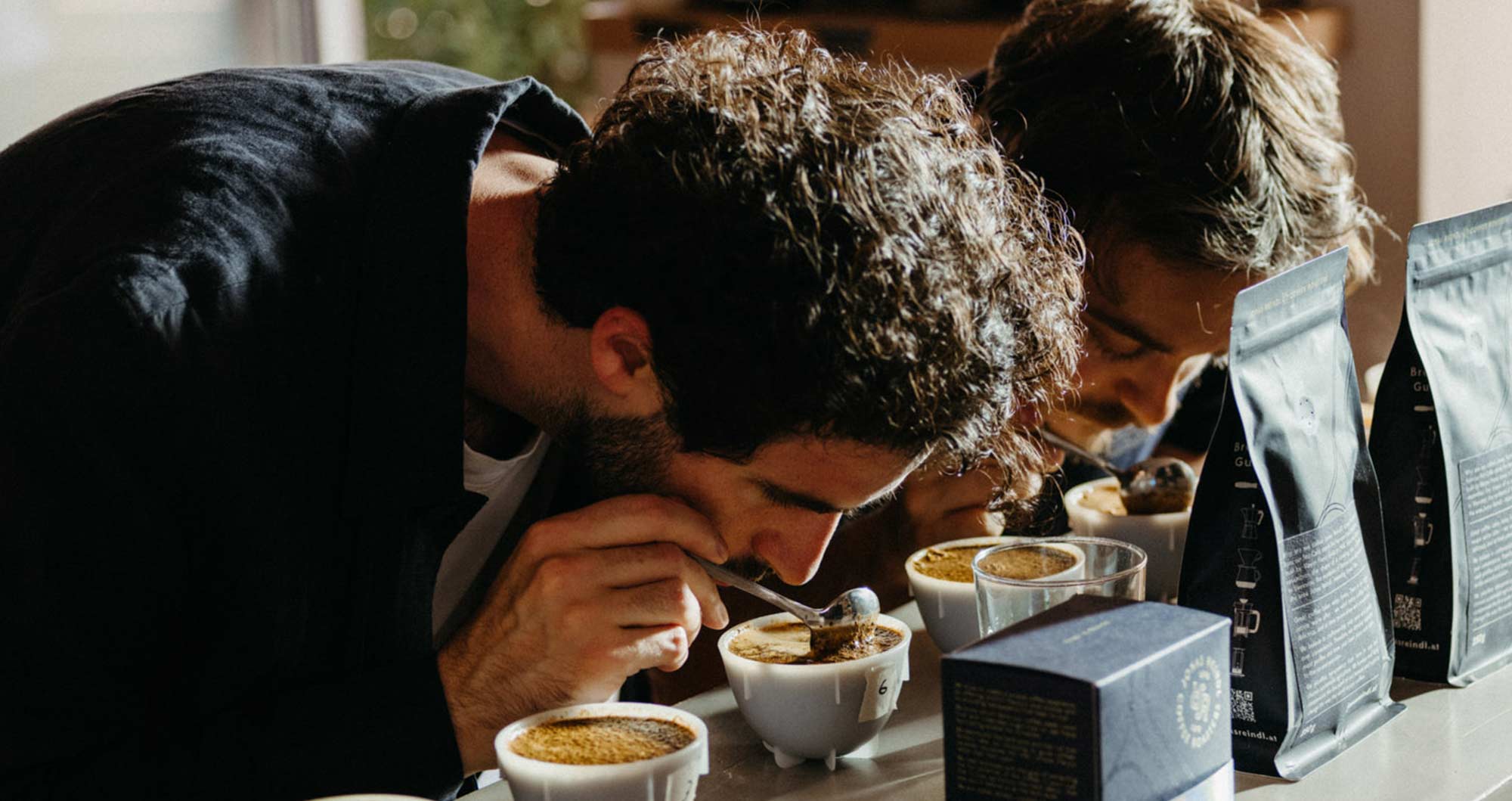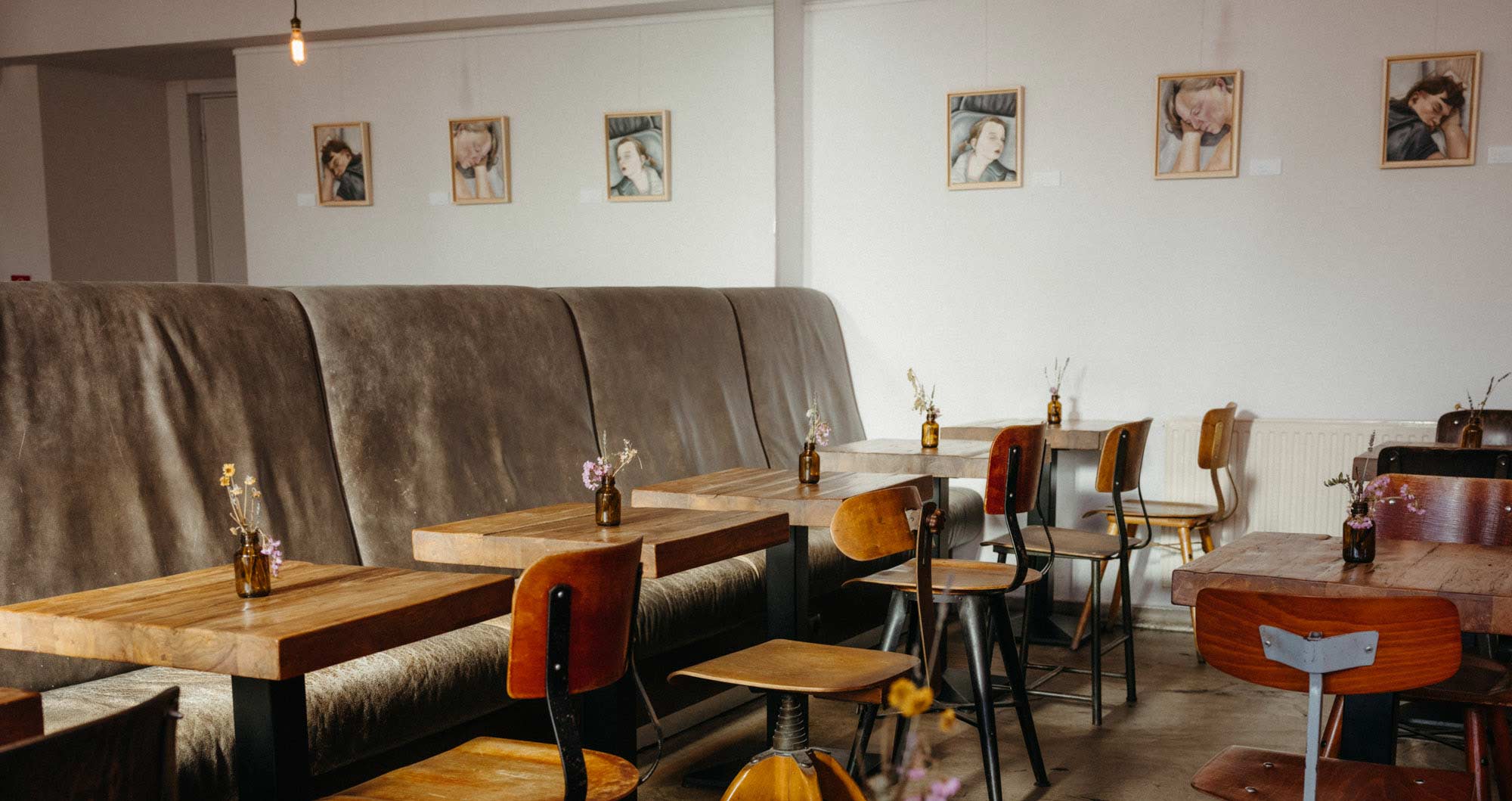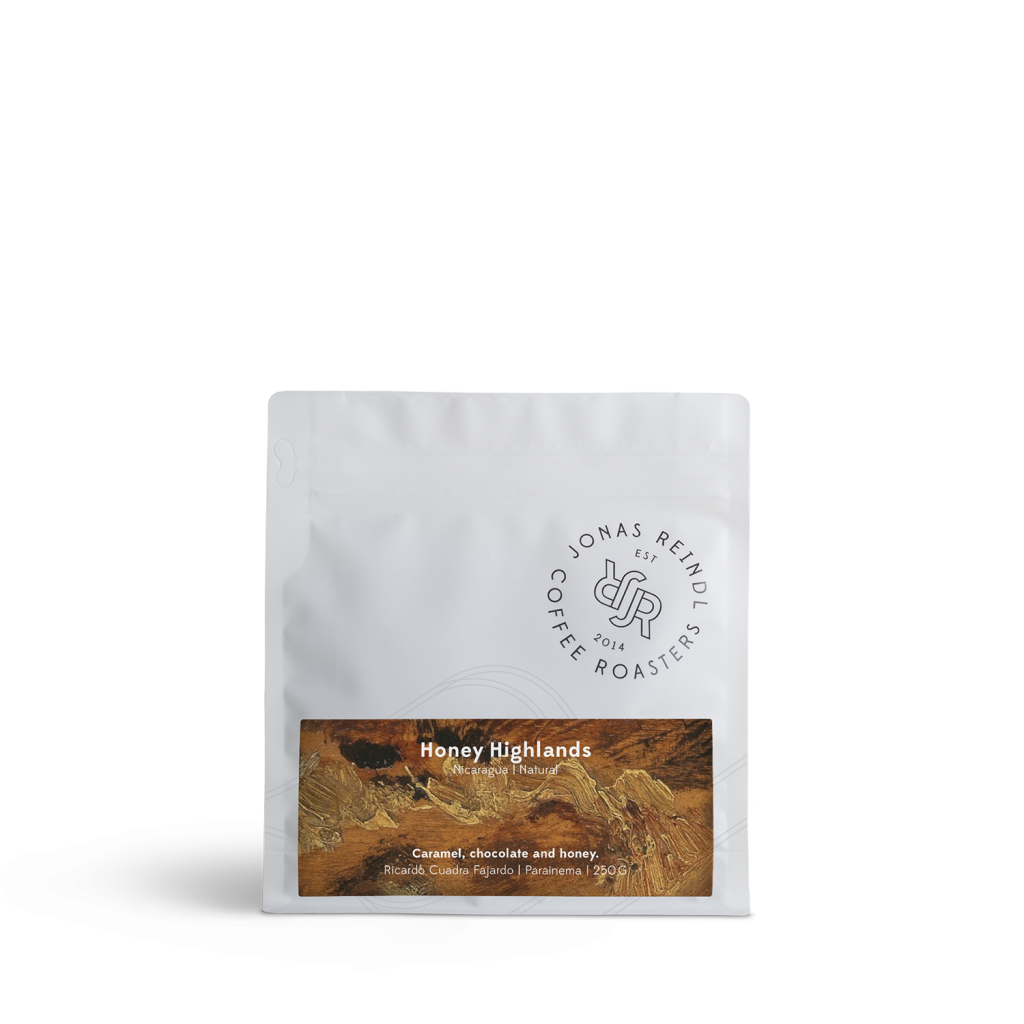
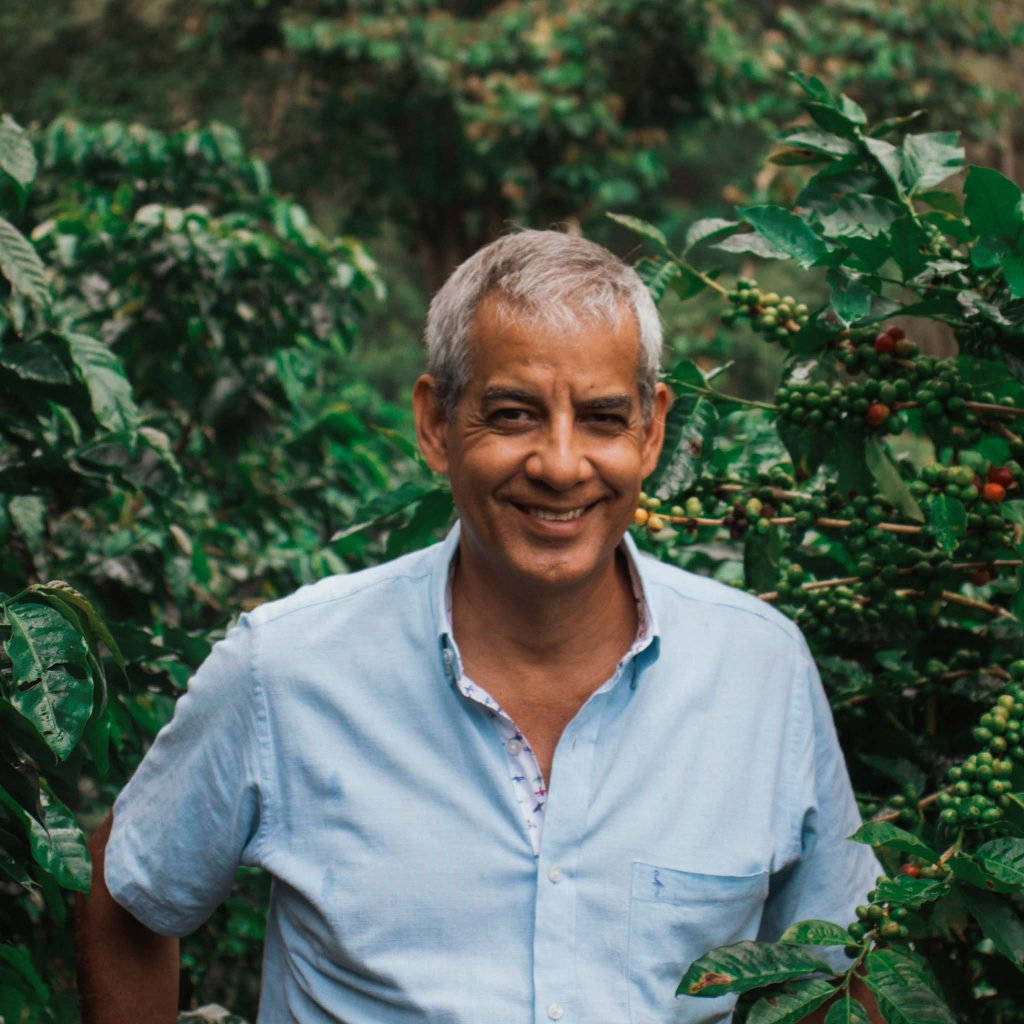
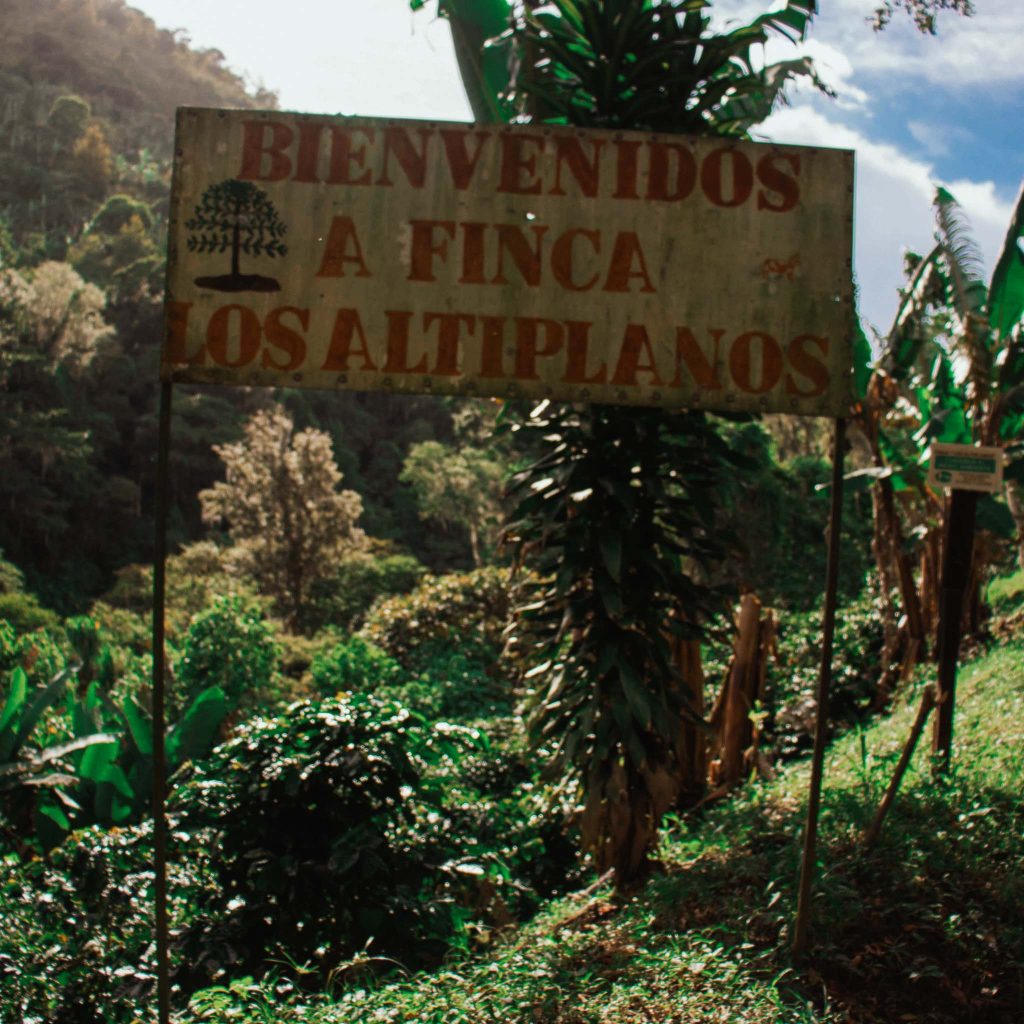
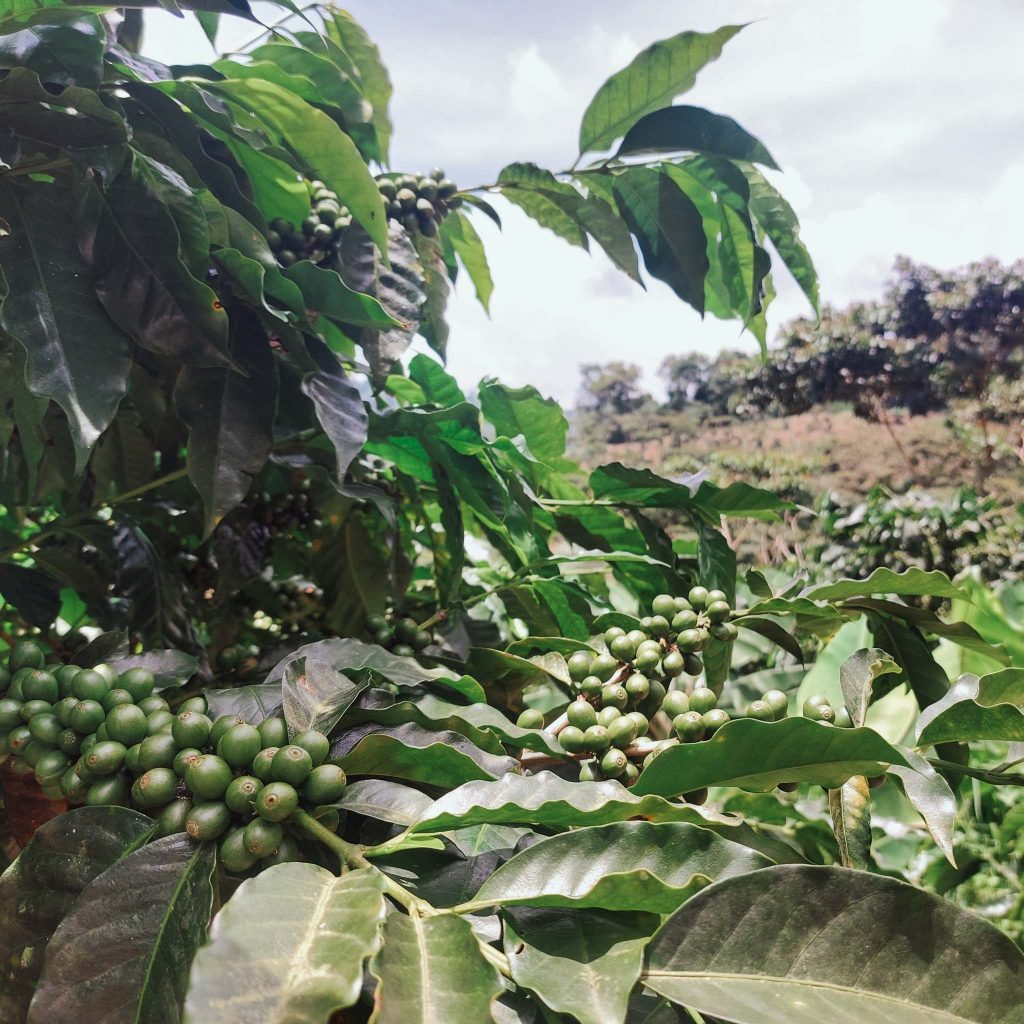
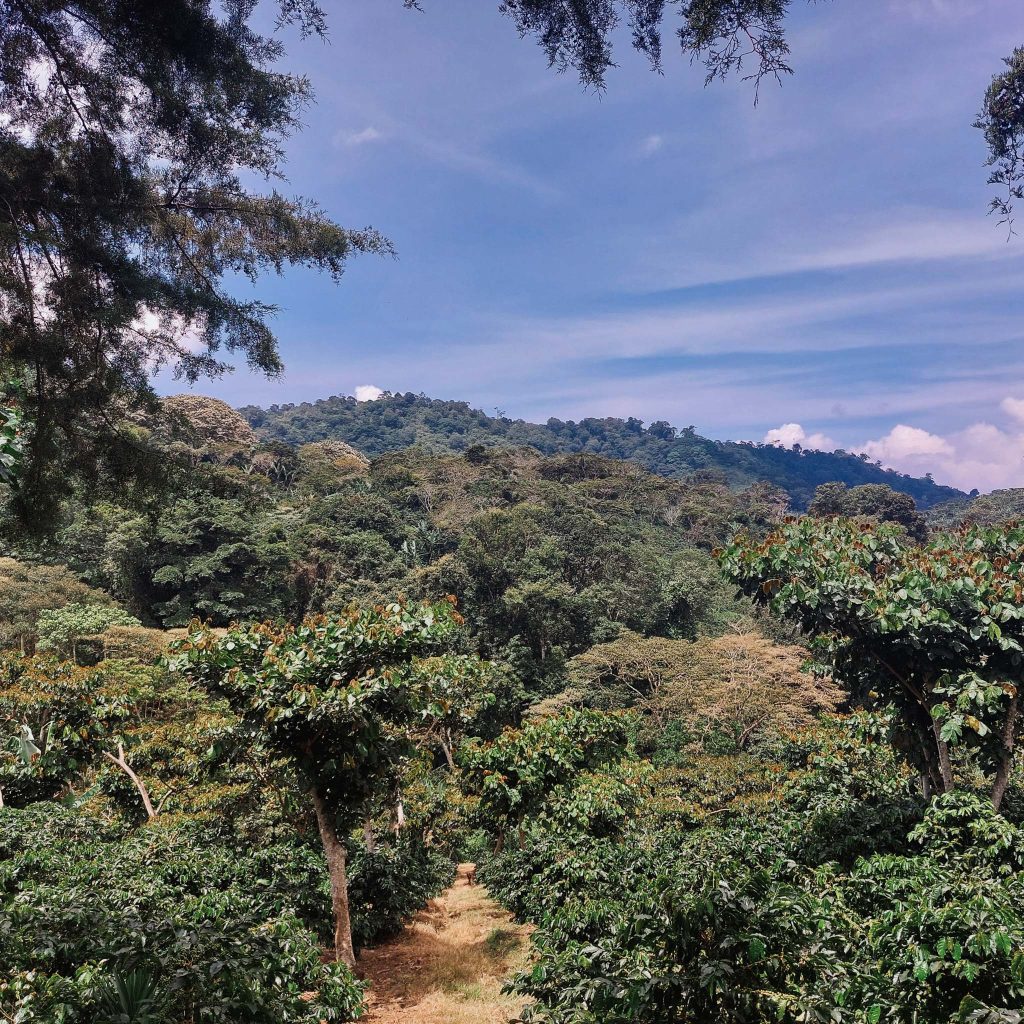
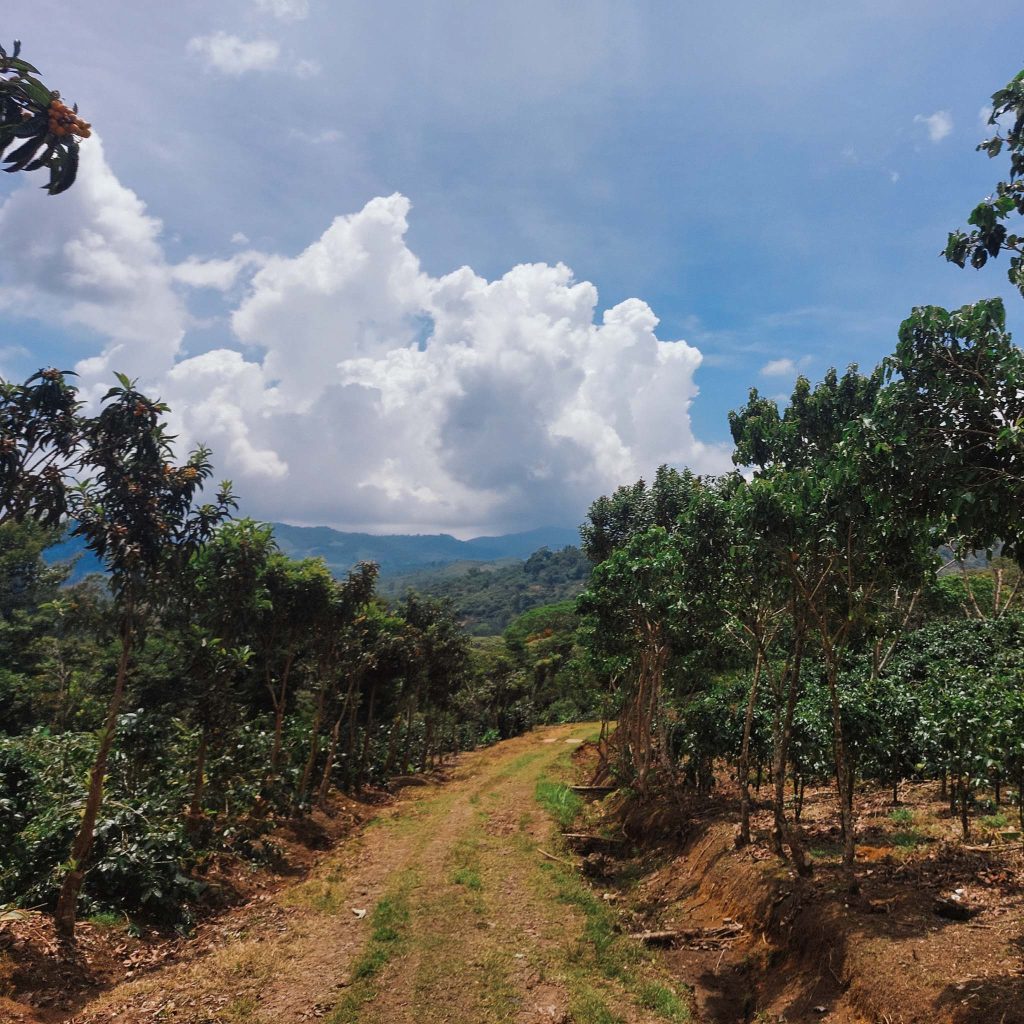
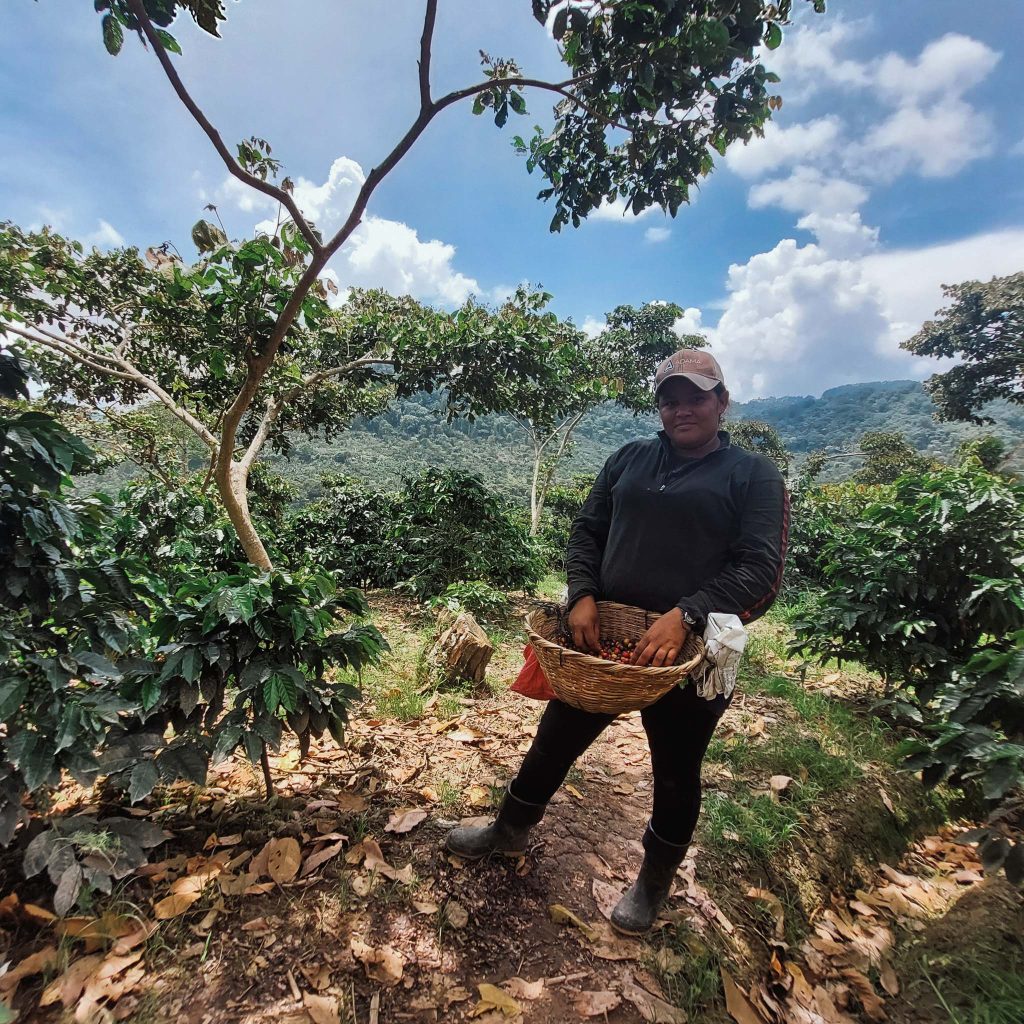
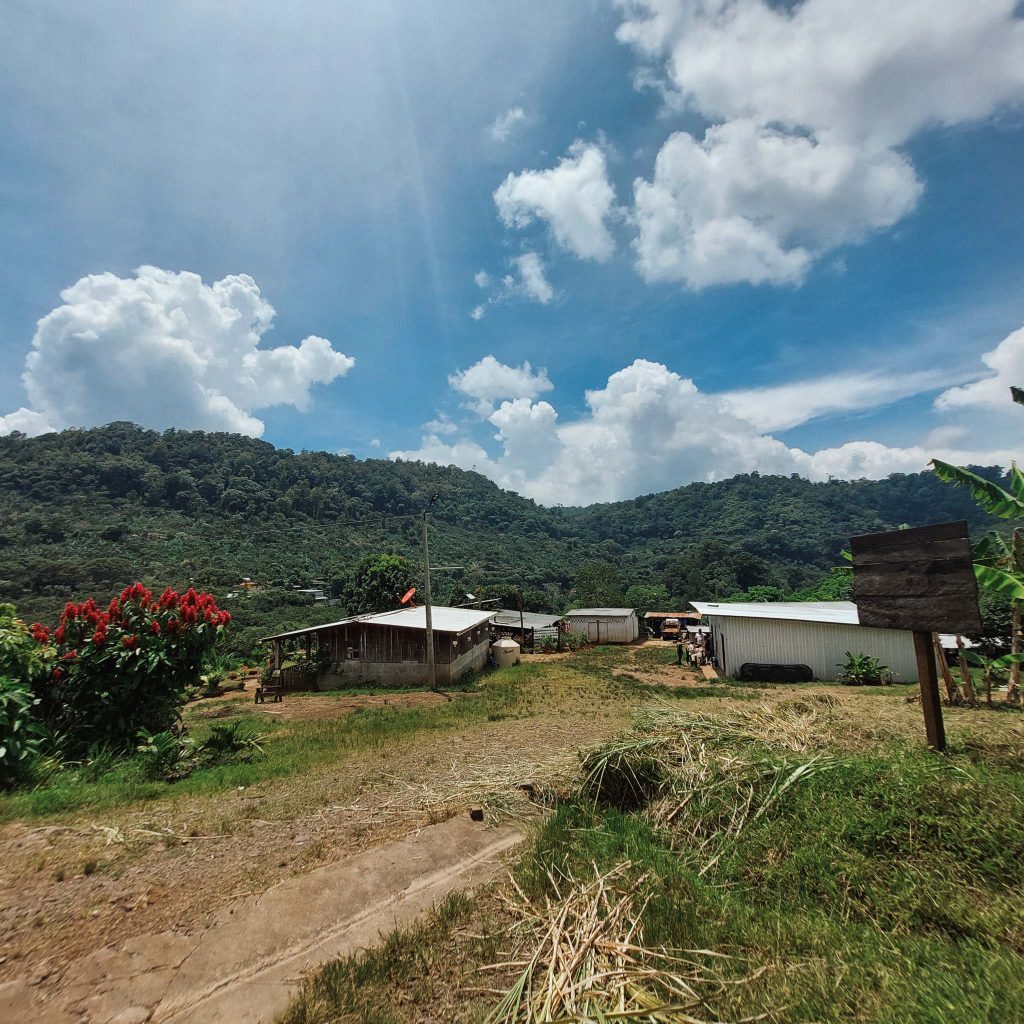
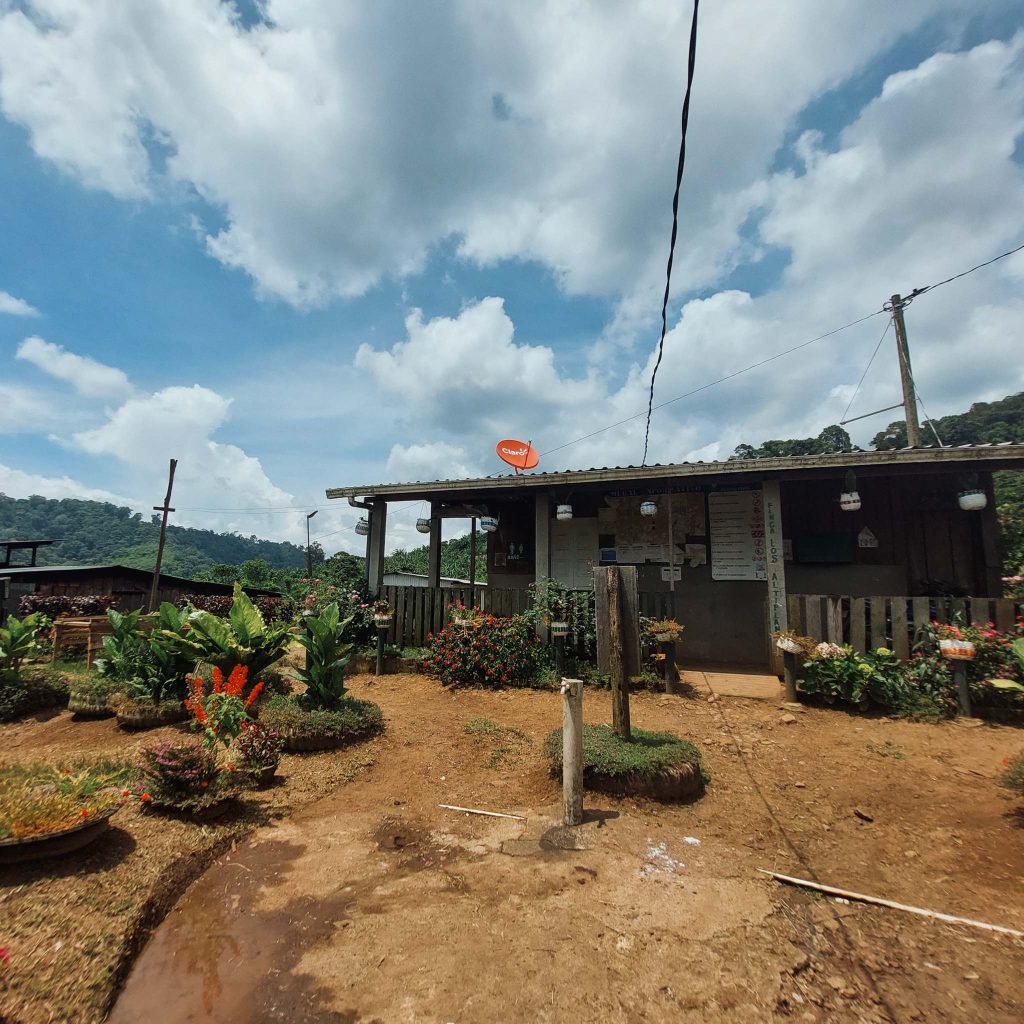
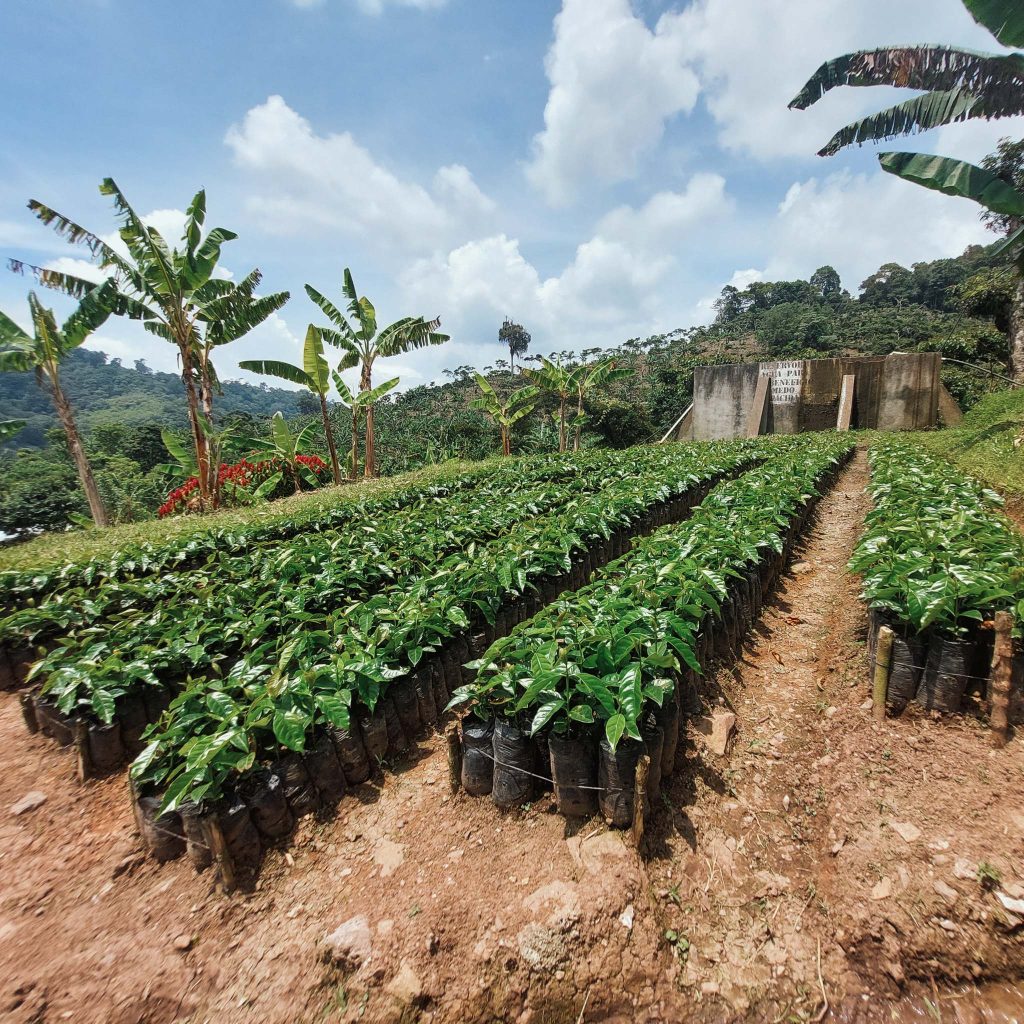
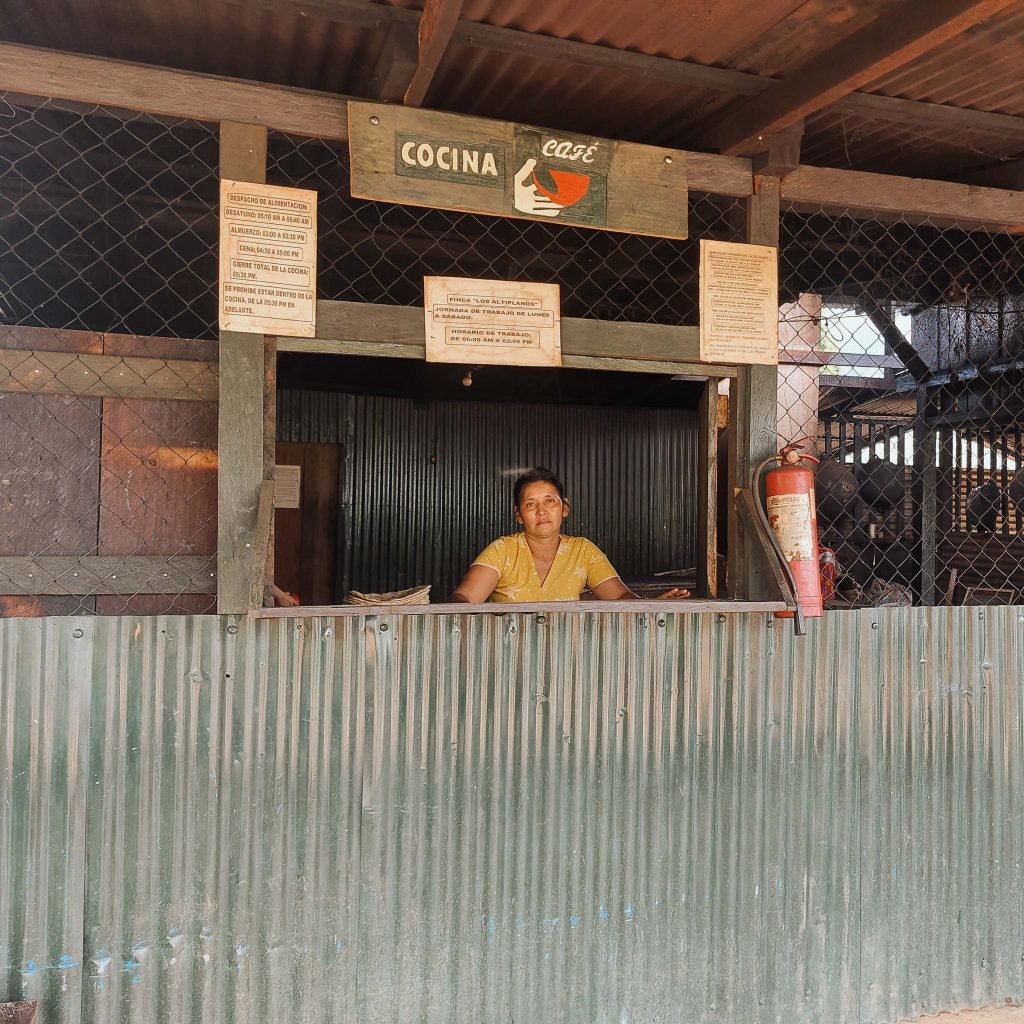
Honey Highlands
€12,50 incl. VAT
Taste Profile
Floral, honey, mandarin, strawberry and milk chocolate.
Additional information
| Country | Nicaragua |
|---|---|
| Farmer | Ricardo Cuadra Fajardo |
| Region | Jinotega |
| Variety | Parainema |
| Altitude | 1.100 - 1.280 masl |
| Processing | Natural |
| Pouch | 250g |
Honey Highlands
Fourteen years ago, Ricardo Cuadra Fajardo saw the farm for sale, and fell in love, purchasing instantly. Finca Los Altiplanos is situated inside the Datanlí El Diablo Nature Reserve and is surrounded by a plethora of local flora and fauna. The Jugüina River also borders the farm, providing fresh water for the coffee and other vegetation.
Ricardo plants wheat and various vegetables in addition to his coffee. 30 hectares of the farm are classified as native jungle, and the coffee grows under a diverse canopy of shade. Specifically, the coffee thrives thanks to the three varieties of guaba growing throughout the farm. Guaba not only provides
shade for the coffee, but also aids with the fixation of Nitrogen, and provides a renewable source of energy in the form of firewood.
There are 25 permanent employees on the farm and 180 temporary employees who come during the harvest. Basic grains and bananas are planted throughout Finca Los Altiplanos to feed these workers and provide them with a form of nourishment.
The Rocky Start of Coffee
The specialty coffee industry in Nicaragua has been hindered by decades of unstable political systems, civil war, and natural disasters. In 1979, a group of Marxist intellectuals rose up to then-president Samoza, whose family had ruled the country since 1939. A bloody civil war ensued, with the National Sandinista Liberation Front (or ‘Sandinistas’ – named after the man who formed Nicaragua’s first cooperative) emerging victorious and inheriting a mess. The countryside was decimated, there were 40,000 casualties. As the new state tried to bolster the coffee industry by seizing Samoza coffee holdings (15 percent of the country’s fincas) and establishing ENCAFE (Nicaraguan Coffee Company) as the sole buyer and seller of Nicaraguan coffee, it was clear that the new regime knew little about coffee. Throughout the 1980s and 1990s, many coffee farms were abandoned or ignored and rebel Contras targeted coffee mills and transport as a key element of their campaign. The United States’ embargo on Nicaraguan imports – declared in 1985 – dealt a further blow to the industry, and even as the Sandanistas were ushered out in 1990’s national elections, the coffee industry continued to struggle. In 1998, Hurricane Mitch ravaged the country, destroying much of the infrastructure and displacing tens of thousands of coffee farmers and workers. This was followed by the coffee crisis of 1999-2003 which had a devastating effect on the country and the coffee industry.
Today, Nicaragua is the largest but most sparsely populated country in Central America and is one of the poorest in the Western Hemisphere; however, great strides are being made both with regards to social welfare and with regards to coffee production, which itself is seen as a driver for rural development. Pioneering farmers with a vision have begun to promote the quality of coffee; meanwhile, programs such as the Cup of Excellence and the creation of the Nicaraguan Specialty Coffee Association have greatly contributed towards awareness regarding the differences between specialty and commercial commodity grade coffees.
Coffee production is concentrated in the highlands of Matagalpa and Jinotega, and the coffee industry is divided between large single estates, cooperatives and small growers’ associations. Most coffee is processed using the traditional fully washed method and dried on patios; however, some farmers also now produce natural and honey/pulped natural coffee and dried using raised beds.
Looking to the Future
The weather in the mountains can be cool and humid – conditions that can stretch drying times to a point where problems can arise in the cup. Depending on the weather conditions and the location of the farm, parchment is sometimes transported to lower altitude mills for final drying. Road infrastructure has proved to be crucial, as in the past, semi-wet parchment would reach its final destination after long delays and coffees often would experience a second ferment in transit. The government, thus, is taking steps to improve transport infrastructure.
Thanks to the rich volcanic soil, Nicaragua has some of the most ideal growing climates in Nicaragua. With the proper government support, there is much potential for high quality coffee in the country.
Credit: Mercanta
Our coffee is treated with care
Meticulous Quality
We hope to provide our customers with the best and therefore pay close attention to all factors affecting the quality of our coffee. These include cultivar, growing altitude, climate, soil chemistry, harvesting and processing conditions, drying method, storage conditions, transportation, roasting conditions, grind size, brewing water and brewing recipes.
Highly Curated
Each one of our coffees is carefully selected by our roasting team. Before we buy in bulk, we go through many samples from different specialty coffee estates. Often times we are working with the most renowned coffee producers in the world.
Small Batch Roasting
All our coffee is roasted in our Roastery in Westbahnstraße 13, in Vienna. We roast small batches (10kg max) because we have better control over all the parameters that impact the flavour profile and can therefore better guarantee consistency.
Ethically Sourced
We ensure traceability for all our coffees. Our house Espresso from Nicaragua is directly traded without any middle-men and when we go through a wholesaler, complete transparency is a must. We want to provide our customers with the ability to know where their coffee comes from down to the name of each farmer.

